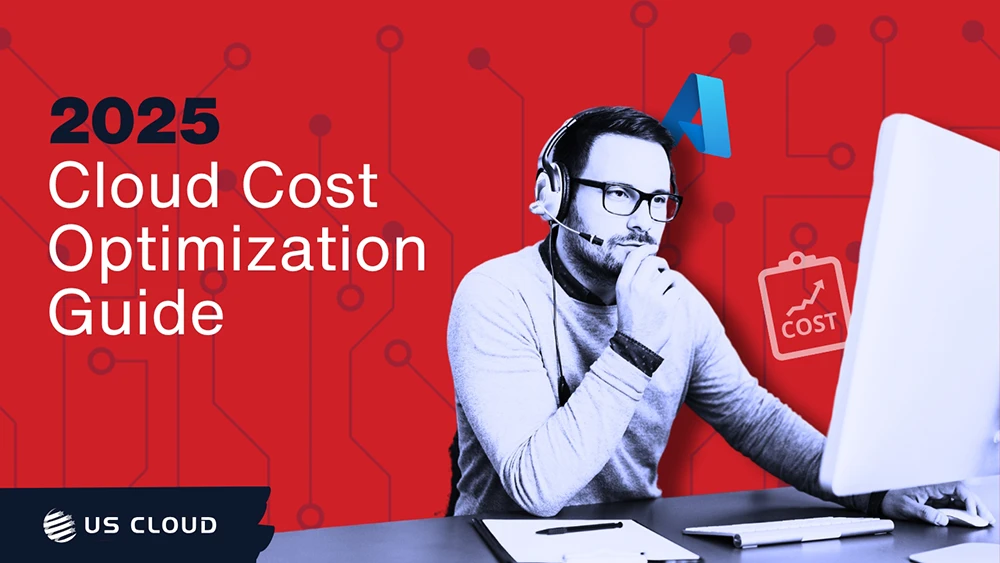3 Reasons Why 33% of Companies are Ditching AWS & Azure.


Yes … you read that correctly. Turn to virtually any business and technology publication, and you’ll undoubtedly be hit with a barrage of hype about how public clouds – such as ones sold by Amazon Web Services (AWS) and Microsoft Azure – are leading an IT revolution. It’s not all just hype – according to IDC, the growth of public cloud adoption will be three times that of private clouds by 2025.
However, if you dig deeper, you’ll find that a growing number of organizations have public cloud buyer’s remorse. A recent VotE Organizational Dynamics 2023 survey found more than one-third of companies surveyed migrated data from public to private clouds in 2022. Forrester Research shows migration to hosted private clouds are on the upswing, with adoption rising from 28% to 33% in North America in Europe. In that same survey, 36% of cloud adopters and planners state hosted private cloud is – or will be – their primary computing platform.
Why are companies increasingly moving away from public clouds such as AWS and Azure to a hosted private cloud option instead? Here are three reasons:
Cost
On the surface, it may seem to be cheaper to use a public cloud option instead of a private one. However, cost goes beyond just the sticker price – you have to take into account other factors, such as labor efficiency and scale. According to 451 Research’s Cloud Price Index, there’s a “Goldilocks Zone” where private cloud beats public on price, and in a custom survey for VMware, 41 percent of users claimed to be in this zone. When looking at a “standard scale” for private cloud – where labor efficiency is less than 400 virtual machines/engineer – commercial software private clouds are the lowest total cost of ownership software option. It depends on your specific business needs, but you can safely reject the notion that public cloud is the cheapest option in all situations.
Flexibility
This is an area where hosted private cloud really shines through – unlike public cloud environments, hosted private clouds enable you to tailor the environment to meet your specific business needs. Whether hardware, software, or better access to system resources, organizations have many more options available to you in a hosted private cloud environment. There are greater automation capabilities as well, as many hosted private cloud providers such as US Cloud make it seamless for you to provision resources as your business needs dictate. Particularly for those relying on applications that aren’t engineered for the cloud, such as legacy ERP systems, moving this to the cloud securely and without loss of performance requires the application to be replaced or rewritten – both of which take a lot of time and money. Legacy applications can often be migrated from on-premises infrastructure to a hosted private cloud as is, which is a major benefit.
Security
Forrester also found that 67 percent of those surveyed identified security or ability to meet compliance requirements as their reason for adopting a hosted private cloud versus their public cloud counterparts. While public cloud providers offer security options, it is your responsibility for ensuring the options are configured correctly. This means you need seasoned cybersecurity professionals on staff, and they are extremely hard to find: By 2020, there will be a 4-million-person shortage of cybersecurity professionals in the labor market. Many hosted private cloud providers, such as US Cloud, offer managed security options that allow you to focus on your core business instead of cybersecurity. As is the case with many security regulations, such as HIPAA and PCI, compliance is closely related to security. Many compliance regulations also mandate you know exactly where your data is stored at any given time. Hosted private clouds usually give you more options and control in this regard than that of a public cloud.
Optimize MSFT Support Costs Now to Emerge Stronger Than Competitors
Gartner has identified US Cloud as the only independent third-party support alternative to Microsoft. Enterprises can replace MSFT Premier/Unified with US Cloud and drop an immediate costs savings of 30-50% in year 1.



